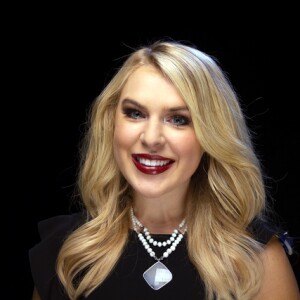BOISE — The pandemic has certainly shown the need for medical professionals. Still, soon-to-be medical residents have had to work overtime to get the experience they need, without being able to actually work in hospitals.
Typically, fourth-year medical students, like Lauren Nesbit, would be sharpening their skills through clerkships right now, so they're at the top of their game heading into residency.
"I don't want to say rusting, but they're definitely not continuing to be sharpened, but once we get back to seeing patients, everything will kind of pick back up to normal," said Nesbit, a fourth-year medical student at University of Washington WWAMI program in Idaho.
In-person clinical rotations were canceled due to the coronavirus. Medical programs across the country have adjusted, given the circumstances. The dean of Idaho College of Osteopathic Medicine says all in-person practice has stopped and will pick back up later in the summer.
"Our students use everything from mannequins, high tech dummies, they work on each other for examination skills, they work in small groups, they work with actors what we call standardized patients," said dean and chief academic officer Dr. Thomas Mohr.
ICOM says students are tech-savvy and have transitioned well, but there's added anxiety. The inaugural class is supposed to take the national board exams starting this month.
"A lot of disruption to the scheduling of those tests because the testing sites are closed," said Mohr.
Many programs have added substitute courses to catch students up, but not everything can be paralleled online.
"This last rotation I'm on is neuro, so I'm doing neurosurgery," said a fourth-year medical student at WWAMI Amanda Aman,
"and as you can imagine doing that surgery over the computer is not exactly the same."
Students say they're still learning the necessary skills before graduation, though slightly unconventionally, and Aman thinks this shapes what doctors can do online in terms of patient care in the future.
"Monitoring patient symptoms, after they leave the hospital, being able to kind of plugin with them a little more," said Aman.
Both students are doing their residencies locally and will contribute to Idaho's healthcare workforce.
"The pandemic has highlighted how needed healthcare professionals are," said Nesbit.
ICOM's inaugural class set to start their clinical rotations in hospitals and clinics in July.



